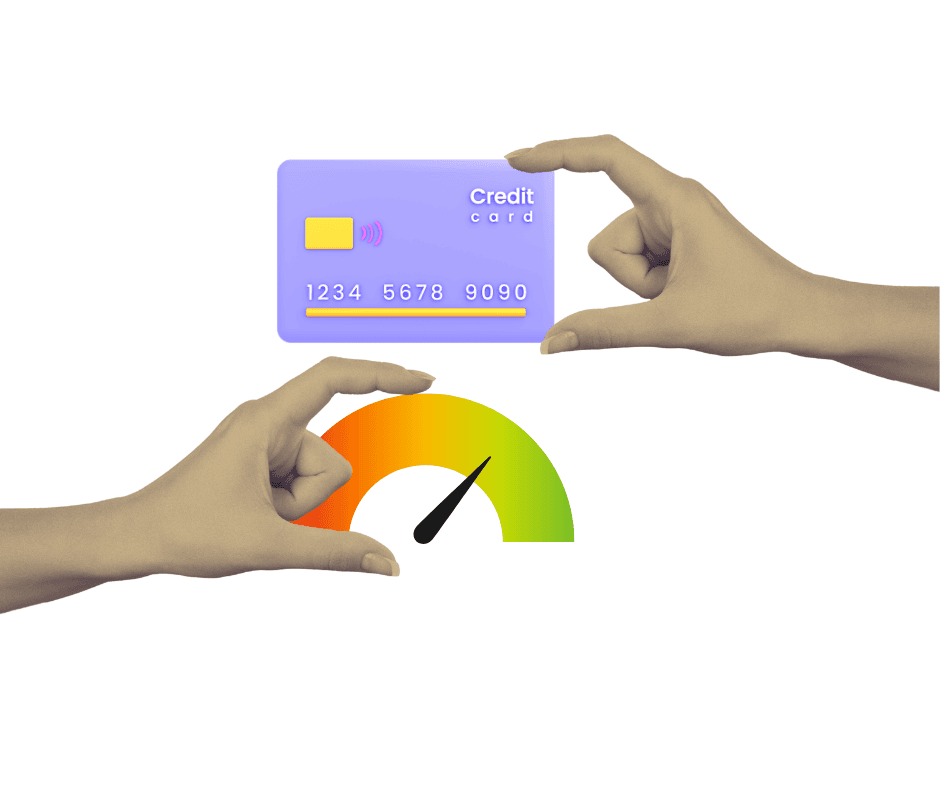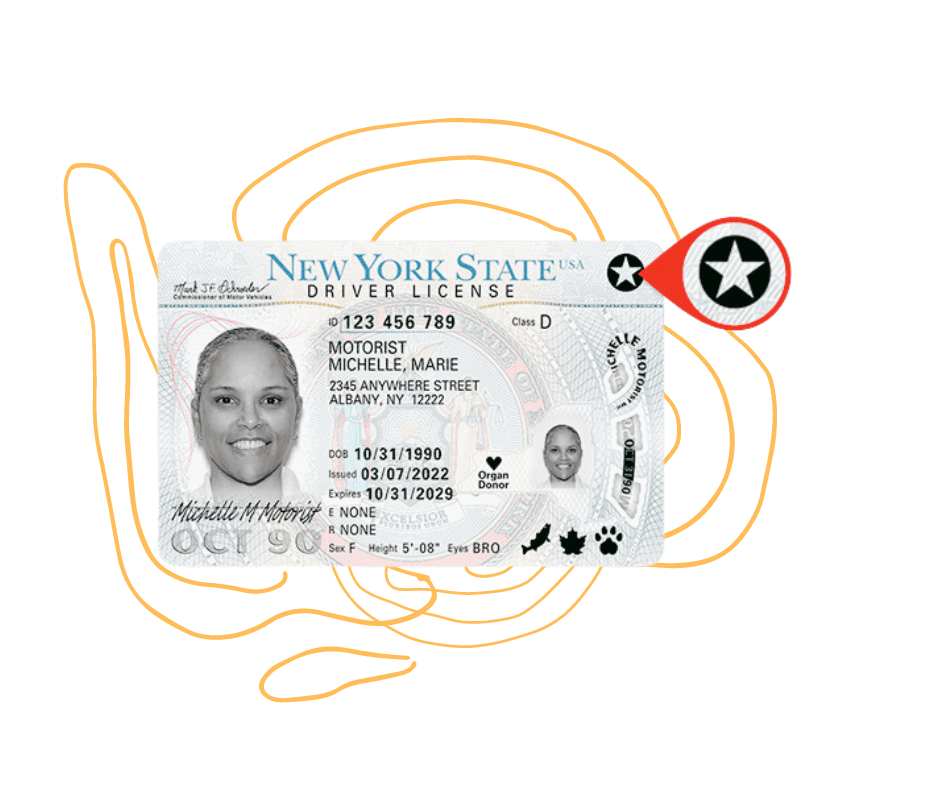
A credit card is a big part of ensuring you can build a life in the US and have access to housing, a car etc.. A card that allows you to take out small loans every month? Yes! I know it might seem a bit backwards coming from countries where credit and debt are considered a bad thing. Not to worry, we are here to help! Below we will describe what a credit card is, why it’s important to get within your first few years in the U.S. and how to be responsible with it.
Why is a Credit Card Important?
1. Building Credit History:
A credit card is instrumental in establishing and building your credit history in the United States. Your credit history is a record of how responsibly you manage borrowed money, and it plays a crucial role in various aspects of your financial life.
Apartment Rentals: Many landlords in the U.S. check credit histories as part of their tenant screening process. A positive credit history demonstrates your ability to manage financial obligations, making you a more attractive tenant.
Car Loans: When financing a car purchase, lenders consider your credit history to assess your creditworthiness. A good credit history can help you qualify for better interest rates and loan terms, potentially saving you money over time.
3. Securing Better Opportunities:
Loan Approvals: Beyond apartments and cars, a positive credit history increases your chances of loan approvals for larger purchases like a home. Mortgage lenders assess your creditworthiness to determine your eligibility and interest rates.
Employment Considerations: In some industries, employers may check credit histories as part of background checks for job applicants. A strong credit history can present you as a responsible and reliable candidate.
4. Building Trust and Long-Term Financial Health:
Responsibility: Using a credit card responsibly—paying your bills on time and keeping your credit utilization low—demonstrates financial responsibility. This responsible behavior not only boosts your credit score but also builds trust with lenders and landlords.
Long-Term Goals: Establishing a solid credit history sets the foundation for achieving long-term financial goals, such as securing lower insurance premiums, qualifying for better credit card rewards, and enjoying financial stability in the future.
Key Components of a Credit Card:
Credit Cards are issued with a variety of credit limits and benefits!
Credit Limit: This is the maximum amount of money you are allowed to borrow on your credit card. It is determined by the credit card issuer based on factors such as your credit history, income, and other financial information.
Interest Rate (APR): If you don't pay off your full balance each month, the remaining balance accrues interest, which is calculated as an Annual Percentage Rate (APR). The APR varies depending on the card issuer and can impact how much you ultimately pay for using credit.
Monthly Statements: The credit card issuer sends you a monthly statement detailing your transactions, payments, remaining balance, and any applicable fees or interest charges.
Minimum Payment: Each month, you are required to make a minimum payment towards your credit card balance. However, paying only the minimum can result in higher interest charges over time.
Rewards and Benefits: Many credit cards offer rewards programs, such as cash back, travel points, or discounts on purchases. These rewards can add up over time and provide additional value for your spending.

